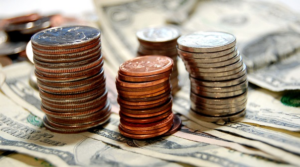El Salvador will experience steady economic growth until 2050, driven by the demographic dividend, according to a report by the Economic Commission for Latin America and the Caribbean (ECLAC).
The study details that the Gross Domestic Product (GDP) per capita will expand by 0.51% annually between 2025 and 2050, thanks to the higher proportion of working-age people compared to the dependent population. This phenomenon generates an additional boost to productive activity and domestic consumption.

In the regional context, El Salvador ranks as the country with the second highest projected growth in Central America, surpassed only by Guatemala, which would achieve an annual increase of 0.73%. ECLAC emphasizes that the salvadoran demographic dividend will last 66 years, a period that offers a window of opportunity to strengthen the national economy through policies that boost employment and productivity.
This demographic dividend represents a strategic advantage, as it implies a larger workforce with the potential to contribute to economic development. However, ECLAC warns that fully leveraging it requires addressing structural challenges, such as high informal employment and insufficient coverage of basic services, factors that limit quality of life and economic inclusion.

The regional organization also highlights the importance of investing in education, technical training, and health care to increase the productivity of the working population. It also recommends promoting the formalization of employment and ensuring an attractive business environment for investment, which would allow this demographic dividend to be transformed into a sustainable engine of growth.
According to ECLAC, the opportunity offered by this phase will not be permanent, so it is key to implement public policies that capitalize on human potential and strengthen the foundations of the Salvadoran economy. Effective use of this period could translate into higher levels of well-being, competitiveness, and development for future generations.








